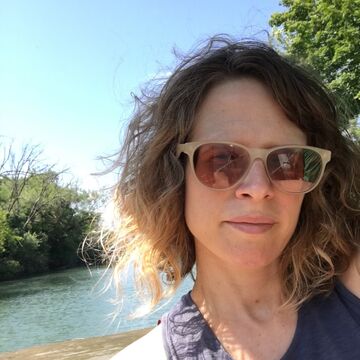

Jill M. Lanza
Lecturer
Contact
Bio
BA 2001 University of Wisconsin-Milwaukee, MFA 2008, Columbia College Chicago. Exhibitions: Hyde Park Art Center, Chicago; Smart Museum of Art, Chicago; Museum of Design Atlanta; Wisconsin Museum of Quits and Fiber Arts; O'Hanlon Center for the Arts, Mill Valley, CA; Chicago Center for Green Technology; Contemporary Art Center of Peoria, IL. Collections: Columbia College Chicago, Center for Book and Paper Arts; Golda Meir Library, Special Collections at the University of Wisconsin-Milwaukee; The Joan Flasch Artists' Book Collection, School of the Art Institute Chicago; Minnesota Center for Book Arts; Special Collections at the University of Iowa Libraries. Awards: The Chicago Community Arts Assistance Program (CAAP) grant.